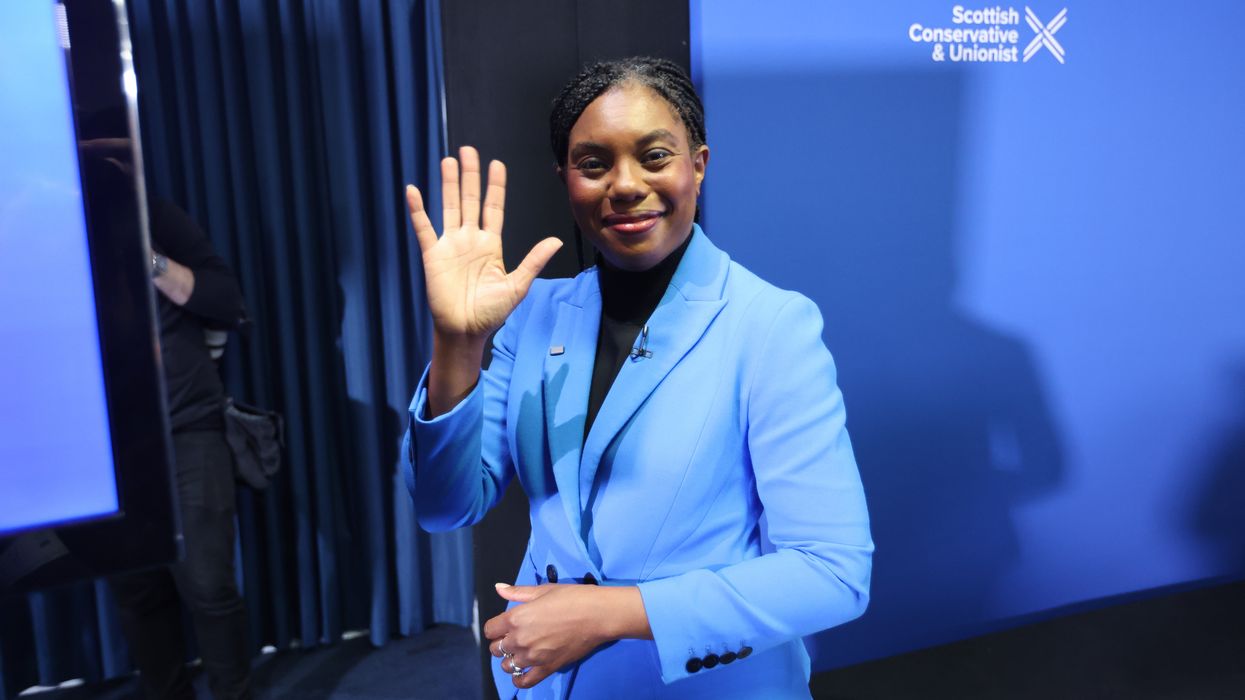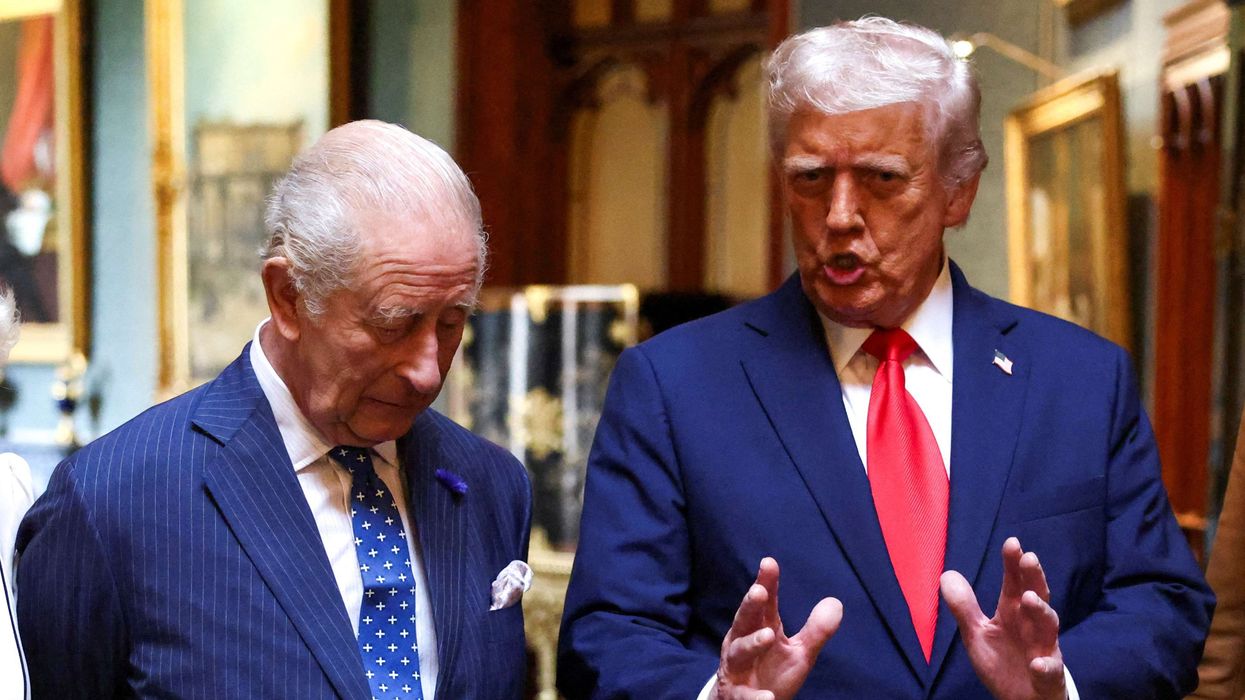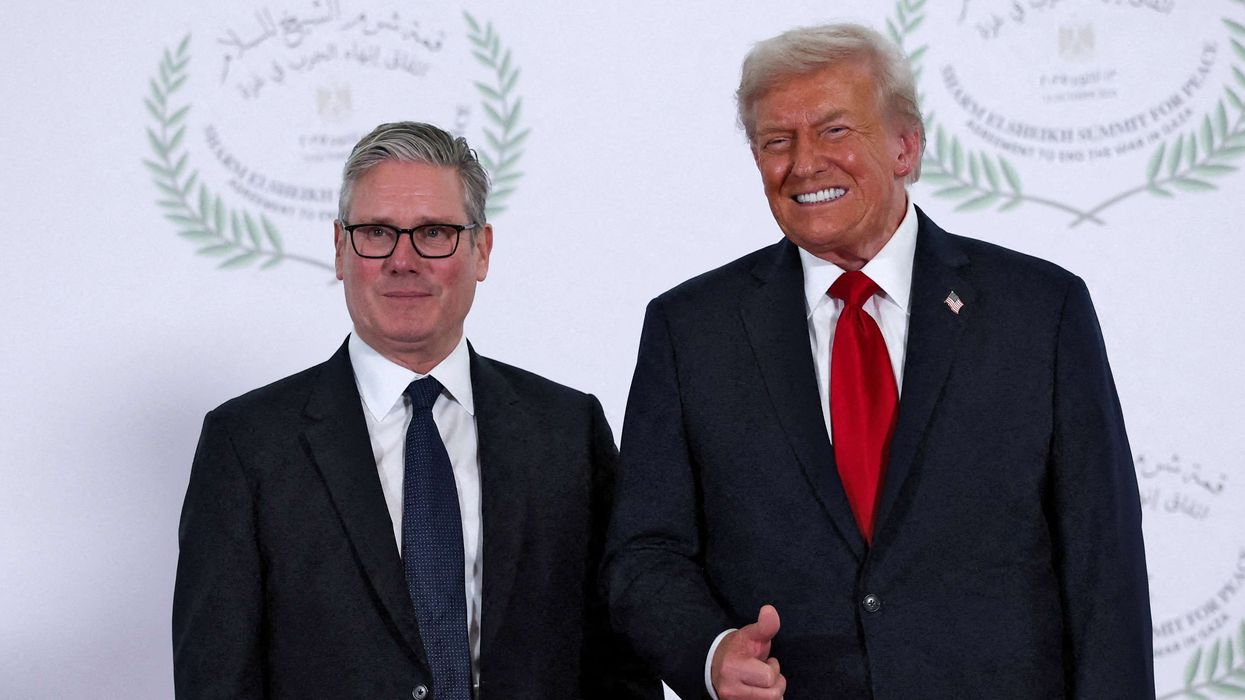THE headline in the Daily Telegraph read: “Kemi Badenoch: I no longer identify as Nigerian.”
The Tory leader, Olukemi Olufunto Adegoke, was born in Wimbledon on January 2, 1980. But her parents returned to Nigeria where she grew up until she was 16. She returned to the UK and is now married to Hamish Badenoch and the couple have two daughters and a son.
Speaking on the Rosebud podcast with Gyles Brandreth, she said: “I have not renewed my Nigerian passport, I think, not since the early 2000s. I don’t identify with it anymore, most of my life has been in the UK and I’ve just never felt the need to. I’m Nigerian through ancestry, by birth despite not being born there because of my parents, but by identity I’m not really. I know the country very well, I have a lot of family there, and I’m very interested in what happens there. But home is where my now family is, and my now family is my children, it’s my husband and my brother and his children, in-laws. The Conservative party is very much part of my family, my extended family, I call it.”
Her comments have been widely reported. I would have thought her identity is not unidimensional but a real potpourri – Nigerian (it’s hard not to be since she spent her formative years in Nigeria), British, wife, mother, the first black woman to be Tory party leader and would be prime minister.
It is important not to twist her words or misrepresent her, but she almost appears to be saying: “I am distancing myself from my Nigerian roots. Although I may look like a black woman, inside I am culturally white.”
The question to ask is: why is Kemi Badenoch saying what she is saying?
Is she a little confused and in need of a session with Raj Persaud? Is she to be applauded for asserting, “I’m black and British” (which she could have said but didn’t), or is she scared of Nigel Farage?
Not so long ago, Rishi Sunak said: “Of course I’m English, born here, brought up here, yeah, of course I’m English.”
But he was also happy to light Diwali diyas in Downing Street and visit Hindu temples and didn’t feel the need to say, “I no longer identify as Indian.”
Lord Swraj Paul has long used a mathematical impossibility: “I am 100 per cent British and I am 100 per cent Indian.”













